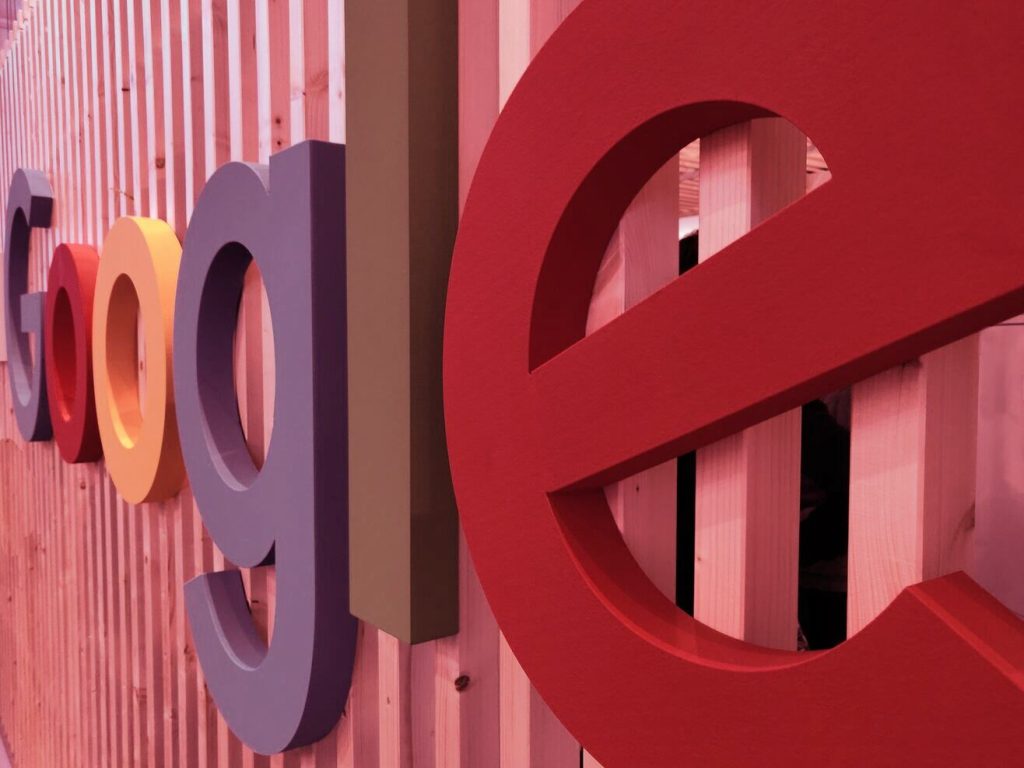In the digital arena, where the clash of titans often goes unnoticed, a Nigerian entrepreneur, Mr. Chianugo Peter, is stepping into the ring against tech giants Google and GoDaddy. His gripe? The alleged shutdown of his YouTube Audio domain name after eight years of hard-fought promotional and marketing efforts.
Peter’s legal bout began when he filed a whopping $150 million lawsuit against Google LLC and GoDaddy.com. His claims revolve around the assertion that the companies threw a wrench into his digital dreams by pulling the plug on his YouTube Audio domain name.
The Backstory:
Picture this – eight years of pouring heart and soul into building a brand, only to find the virtual rug pulled from under your feet. Peter contends that he registered the YouTube Audio business name, initiated trademark registration for the logo, and secured the YouTubeAudio.com domain name in good faith from GoDaddy. All seemed well until the alleged sudden shutdown.
Peter’s Pleas to the Court:
In the legal battleground, Peter is seeking a declaration from the court that he rightfully registered the YouTube Audio business name, commenced trademark registration, and secured the domain name in good faith. He argues that since both GoDaddy and Google encouraged him to use the domain for the past eight years, they are estopped from claiming infringement on their trademarks.
Moreover, he’s gunning for compensation – a cool $50 million for the promotional and marketing works on the YouTube Audio brand, spanning from July 2, 2015, to December 7, 2022. Not stopping there, Peter is eyeing another $100 million for the loss of anticipated profits associated with the brand equity and goodwill of YouTube Audio and its domain name.
The ambitious entrepreneur is also seeking a court order directing the defendants to cough up $10 million for fresh registrations of a new name and an alternative domain name to host his application.
Google’s Defense:

Google, the heavyweight in this legal tussle, is not taking the allegations lying down. In its statement of defense, the tech giant argues that Peter did not act in good faith when registering the YouTube Audio business name and domain. According to Google, Peter acknowledged the company’s rights before commencing operations, signaling awareness of his lack of bona fide claim.
The crux of Google’s defense lies in ownership. The company asserts that Peter doesn’t own the YOUTUBE trademark, and he lacks the right to use or register any mark similar to it. Google claims international ownership of the ‘YOUTUBE’ word and ‘YOUTUBE GO’ logo trademarks, with registrations dating back to 2005, predating Peter’s foray into the digital domain in 2015.
The Courtroom Drama:
As the legal drama unfolds, GoDaddy has yet to make an appearance in court or file any application, leaving Google to bear the brunt of Peter’s accusations. The court has granted Google an extension of time to regularize its processes, with the case adjourned until February 12.
Peter’s counsel, Jude Otakpor, informed the court that while they received Google’s statement of defense, GoDaddy was conspicuously absent from the legal fracas. The court granted an extension to Google but acceded to Otakpor’s request for an adjournment to file a reply to Google’s defense.
The Verdict Awaits:
It’s clear that this case is not just about dollars and cents; it delves into the nuances of good faith, trademark ownership, and the evolving landscape of online business. Google contends that Peter, despite years of use, lacks a legitimate claim to the coveted YOUTUBE-related domains, throwing a spotlight on the intricacies of digital property rights.
The outcome of this case could set a precedent for how tech giants like Google navigate disputes with individuals over domain names and trademarks. For now, the courtroom is the arena where this clash of digital titans plays out, with both sides presenting their arguments and evidence.
Whether Peter will secure the $150 million he seeks or if Google will successfully defend its digital territory remains uncertain. What is clear, however, is that the outcome will reverberate in the online business and domain name communities, influencing how individuals and tech giants interact in the ever-expanding digital frontier. Stay tuned for more updates as this legal saga continues to unfold.


Join the Discussion